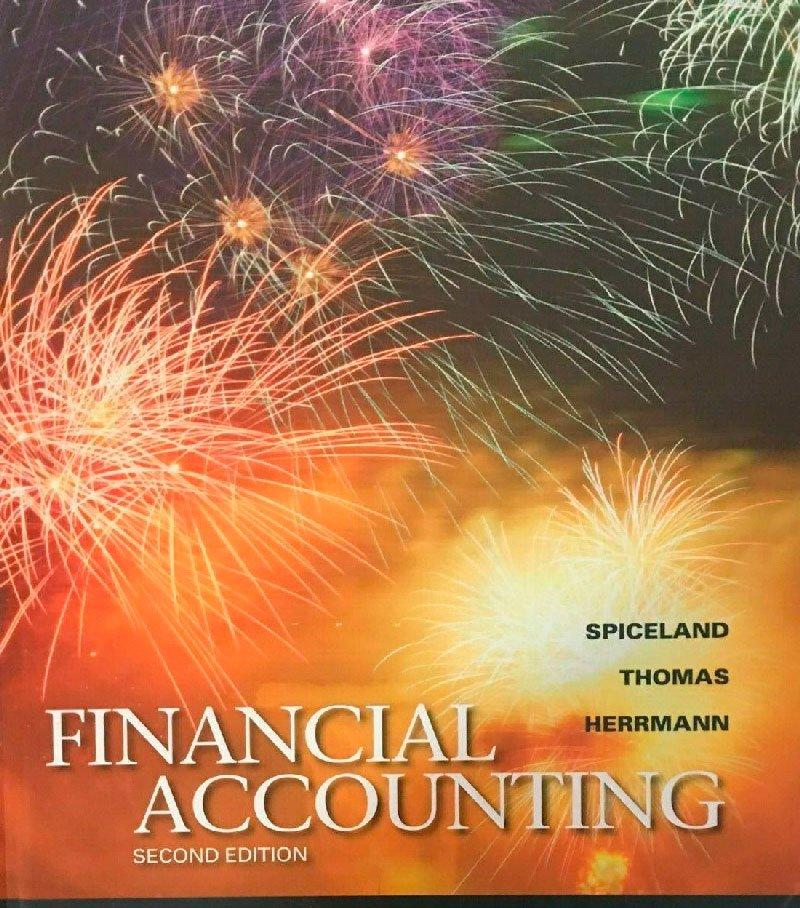Refer to the information in E10-9. Power Drive Corporation has the following beginning balances in its stockholders'
Question:
Refer to the information in E10-9. Power Drive Corporation has the following beginning balances in its stockholders' equity accounts on January 1, 2012: Common Stock, $100,000; Paid-in Capital, $4,500,000; and Retained Earnings, $2,000,000. Net income for the year ended December 31, 2012, is $600,000.
E10-9
March 1 Issues 55,000 additional shares of $1 par value common stock for $52 per share.
May 10 Repurchases 5,000 shares of treasury stock for $55 per share.
June 1 Declares a cash dividend of $1.50 per share to all stockholders of record on June 15. July 1 Pays the cash dividend declared on June 1.
October 21 Reissues 2,500 shares of treasury stock purchased on May 10 for $60 per share.
Required:
Taking into consideration all of the transactions recorded in E10-9, prepare the stockholders' equity section of the balance sheet for Power Drive Corporation as of December 31, 2012.
Common StockCommon stock is an equity component that represents the worth of stock owned by the shareholders of the company. The common stock represents the par value of the shares outstanding at a balance sheet date. Public companies can trade their stocks on... Balance Sheet
Balance sheet is a statement of the financial position of a business that list all the assets, liabilities, and owner’s equity and shareholder’s equity at a particular point of time. A balance sheet is also called as a “statement of financial... Corporation
A Corporation is a legal form of business that is separate from its owner. In other words, a corporation is a business or organization formed by a group of people, and its right and liabilities separate from those of the individuals involved. It may... Dividend
A dividend is a distribution of a portion of company’s earnings, decided and managed by the company’s board of directors, and paid to the shareholders. Dividends are given on the shares. It is a token reward paid to the shareholders for their... Par Value
Par value is the face value of a bond. Par value is important for a bond or fixed-income instrument because it determines its maturity value as well as the dollar value of coupon payments. The market price of a bond may be above or below par,...
Step by Step Answer:

Financial Accounting
ISBN: 9780078110825
2nd Edition
Authors: J. David Spiceland, Wayne Thomas, Don Herrmann





